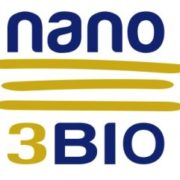ARTES receives French Research Tax Credit (CIR) Accreditation
ARTES Biotechnology GmbH today announced that it has just obtained governmental approval for ‘Crédit d’Impôt Recherche’ (CIR) for a three-year period from the French Ministry of Higher Education and Research (MESR).
The French R&D tax credit CIR gives French companies the ability to claim tax relief on 30% on all generated costs outsourced to ARTES’ R&D services.
“We are pleased to receive this accreditation and to be approved as valid and reliable R&D provider from the French Ministry”, Dr Michael Piontek, Managing Director of ARTES. “It allows our customers in France to benefit from tax relief of their R&D expenses committed to us and it will help us to tie up our relationships with our present clients in France and to install new collaborations”.
ARTES Biotechnology is globally active as R&D company specialized in developing biopharmaceutical and vaccine production processes.
The company operates worldwide from its 850m2 S1 facilities in Langenfeld, from where it also offers cell line engineering based on yeast (Hansenula polymorpha) and bacterial (E. coli and Bacillus) expression platforms, lab scale up- and downstream process development, supply of non-GMP bulk material (API) for activity and toxicity tests and technology transfer to cGMP facilities and scale-up support.






